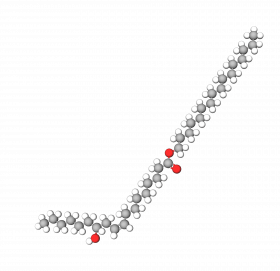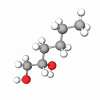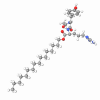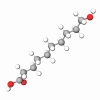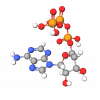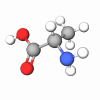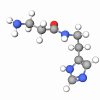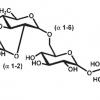Cetyl Ricinoleate is an off-white waxy solid derived by esterification of castor oil fatty acids with cetyl alcohol. When rubbed on the skin, it liquefies imparting a velvety soft feel and without oily and greasy after-feel (solid at 25 °C and liquid above 35 °C or body temperature).
Cetyl Ricinoleate is a fatty alcohol ricinoleic ester available to personal care formulators that possesses outstanding mildness, non-comedogenicity, and moisturizing properties. Thanks to its unique hydroxyl group in the molecule, it combines superior moisturizing properties and an outstanding film-forming ability.
The hydroxyl group can attract small amounts of water molecules which helps in skin hydration, especially important in formulations for dry skin. Hydrogen bonding surrounding the hydroxyl group contributes to the thickening properties of emulsions. With a low odor and light color, Cetyl Ricinoleate provides a smooth creamy appearance to formulations. it enables superior emollient properties like other esters without the disadvantage of comodogenic properties.
Cetyl Ricinoleate is used in many personal care formulations including face, night, creams, lotions, night, vanishing and hand creams, liquid make-ups, hand and body lotions, lipsticks, sunscreens, oils, and sticks. Recommended levels of usage range from 2% to 10% depending on the nature of the formulation.Due to its mild and non-irritating properties, Cetyl Ricinoleate is used in formulations used near the eye area and other sensitive parts.
What are the benefits and advantages of Cetyl Ricinoleate?
- Extremely mild
- Non-comedogenic
- Imparts silky feel with non-greasy properties
- High viscosity response
- Improves dispersibility of colorants and active principles in the formulation
- Moisturises winter and sun-dried skin
- High resistance to rancidity
- Broad compatibility with most natural and synthetic derivatives.
